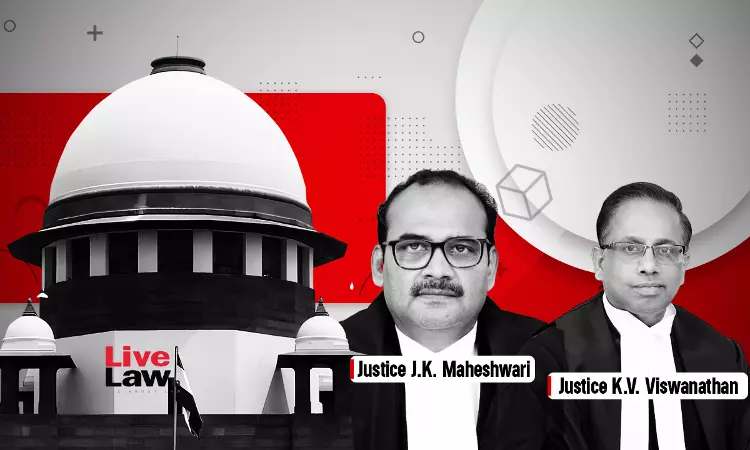Appointment Can't Be Denied Citing Suppression Of Material Facts When Employer's Query Was Vague : Supreme Court
Suraj Parmar
27 Aug 2023 12:19 PM IST

Next Story
27 Aug 2023 12:19 PM IST
In a case related to “suppression of material information” about a pending criminal case by a candidate, the Supreme Court highlighted the crucial aspect of specificity when seeking information from candidates during the verification process. It reiterated the principle laid down in Avtar Singh v. Union of India (2016) 8 SCC 471 held that- “For determining suppression or false...
